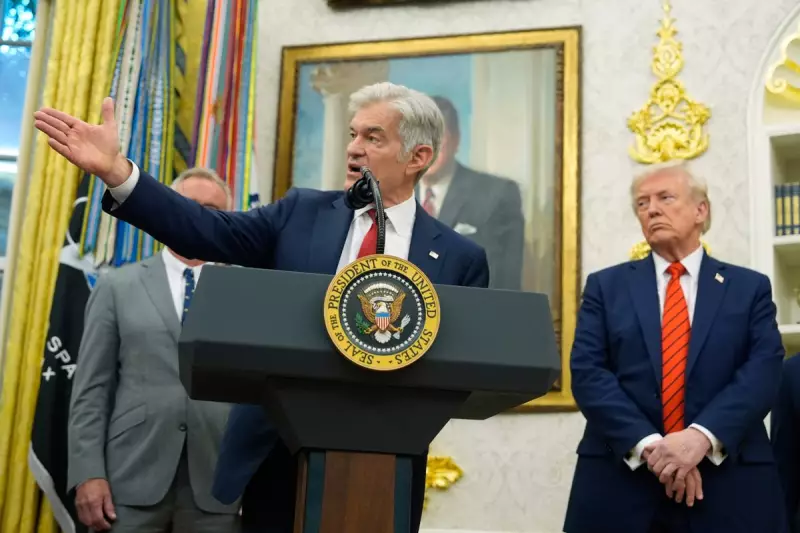
In a startling development from across the Atlantic, New York Democratic Congressman Jamaal Bowman has confessed to deliberately activating a fire alarm within the Cannon House Office Building during crucial parliamentary proceedings.
The incident occurred on September 30th, as lawmakers raced against time to pass a stopgap funding bill aimed at preventing an imminent US government shutdown. Representative Bowman, a former middle school principal, now faces a misdemeanour charge and has agreed to pay a $1,000 fine while writing a formal apology to the US Capitol Police.
Political Fallout and Controversy
The timing of the alarm activation has raised eyebrows throughout Washington's political circles. House Administration Committee Chairman Bryan Steil has launched a formal investigation into whether the congressman's actions were intended to disrupt the critical legislative process.
"Pulling the fire alarm in the Cannon Building this past Saturday was a mistake I take full responsibility for," Bowman stated in his public apology. He maintained that he was simply trying to navigate through a normally unlocked emergency door that unexpectedly refused to open.
Republican Reaction and Accusations
Republican lawmakers have seized upon the incident, with some drawing parallels to the January 6th Capitol riots. House Speaker Kevin McCarthy went so far as to describe the event as "a new low," suggesting the Democratic representative sought to halt congressional proceedings through deceptive means.
Bowman's office has vehemently denied any malicious intent, characterising the episode as an innocent misunderstanding rather than a deliberate attempt to obstruct government business. The congressman's team emphasised that he immediately cooperated with authorities once he realised the consequences of his actions.
Broader Implications for Parliamentary Conduct
This incident occurs against the backdrop of increasingly tense political divisions in Washington, where procedural manoeuvres and parliamentary tactics have become central to legislative battles. The case highlights the delicate balance between parliamentary procedure and political gamesmanship that characterises modern American politics.
As Bowman completes his probation period and fulfils his court-mandated obligations, the political repercussions continue to unfold, serving as a reminder of the heightened tensions surrounding crucial government funding negotiations.





